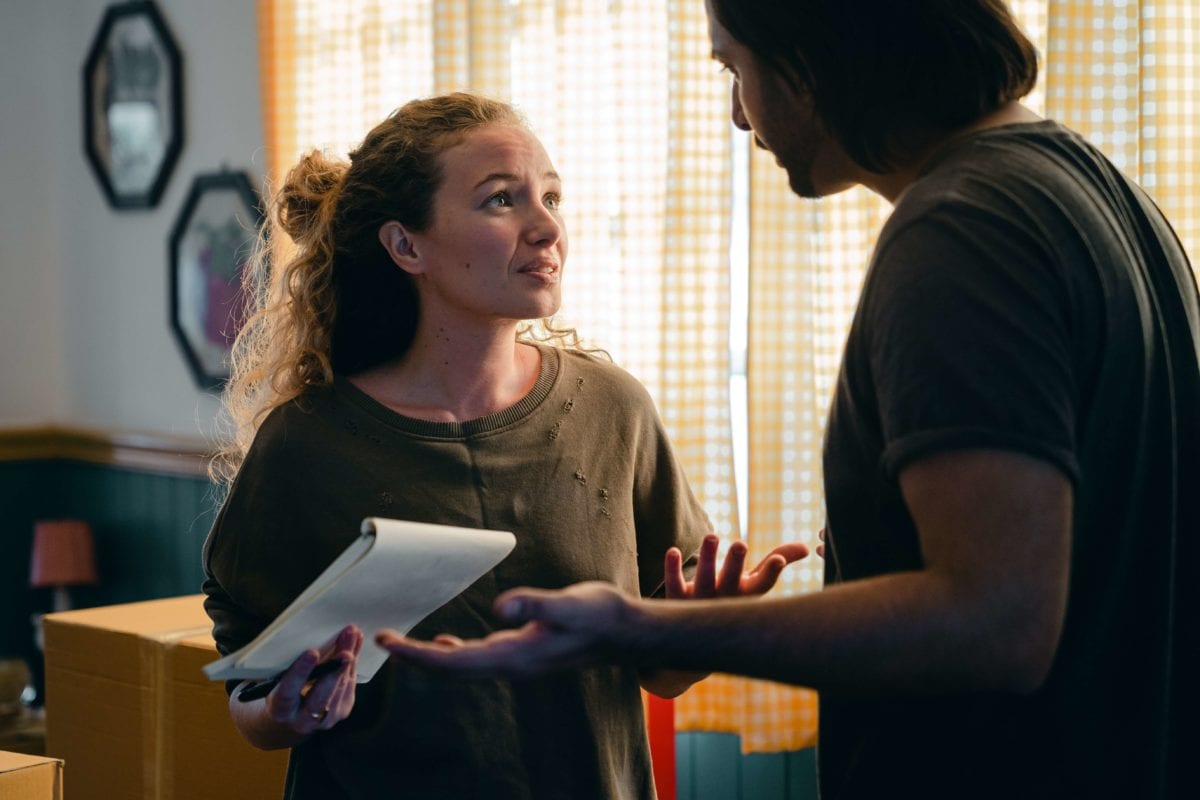Bankruptcy and family law: The things you need to consider
What happens to my property settlement if my ex-partner is bankrupt or facing bankruptcy? Can we have a financial agreement done in case my partner goes bankrupt? These are common questions we receive about bankruptcy and creditors.
By Annabel Murray, Head of Family Law, Australian Family Lawyers (Sydney)
Unfortunately for couples already experiencing the stress of a relationship breakdown, often there is additional financial stress when a party is going bankrupt, or there is a real risk that they will do so.
So what happens in this situation?
First, if a party is or is facing bankruptcy, including insolvency agreements:
- The court and parties to any proceeding must know about this.
- The trustee of the bankrupt’s estate or insolvency agreement needs to know about the family law proceeding and what court is hearing the case.
The trustee in bankruptcy will look carefully at historical transactions including transfers of assets for less than their commercial market value for up to 5 years before the bankruptcy and consider the circumstances of the bankrupt at the time of that transaction. They will be looking for the intention to defeat the creditor’s claim.
Financial agreements and bankruptcy

Couples who entered into a financial agreement prior to bankruptcy may find themselves having to defend an application by the trustee in bankruptcy or creditors to set aside the financial agreement. For such an order to be made, the trustee/creditor must be able to show that parties entered into the agreement:
- including for the purpose to defraud or defeat a creditor; OR
- reckless disregard of the interest of creditor(s) or the party.
For couples who have had family law property settlement orders made, including those by their consent, a creditor and trustee in bankruptcy may be able to have orders made to set aside the property settlement orders. This right extends to a bankrupt party whose bankruptcy commenced after the orders were made. An order could be made favourably for the trustee/creditor if they can show that they may be unable to recover the debt because of the order that has been made.
In family law proceedings where a spouse party is bankrupt, the trustee in bankruptcy will “stand in the shoes” of the bankrupt. It is the trustee who is the litigant party for the bankrupt estate.
However, the court does not have to make the orders the trustee in bankruptcy seeks. The court must consider the needs and contributions of the other defacto or spouse party.
This means that the trustee may not be successful in having orders made in their favour and the court may at its discretion make an order against the trustee for the payment of legal costs of the non-bankrupt spouse.
Other considerations
In all family law matters, it is sensible to carefully consider the nature of debts owing to creditors, to consider how debts may be repaid, to fully understand the equitable and legal nature of how assets are owned – particularly where the title for the home may be in bankrupt spouse’s name but the other spouse may have paid towards it. It is prudent to negotiate with the trustee before commencing court proceedings.
An important point to note is that the bankrupt’s obligation to pay child support and spousal maintenance remains despite the competing claims of the other creditors. This helps protect the children and former spouse, including de-facto spouse so that they continue to receive support.
Bankruptcy in family law is complex, and it is sensible that detailed advice is obtained at the earliest opportunity.
Need support? Fill out the form below to get in touch with our committed law team for advice on bankruptcy and family law.
Do you have a question about family law or relationship law?
Call now 03 9088 3184
If you would prefer an Australian Family Lawyers team member to contact you, complete the form below.



